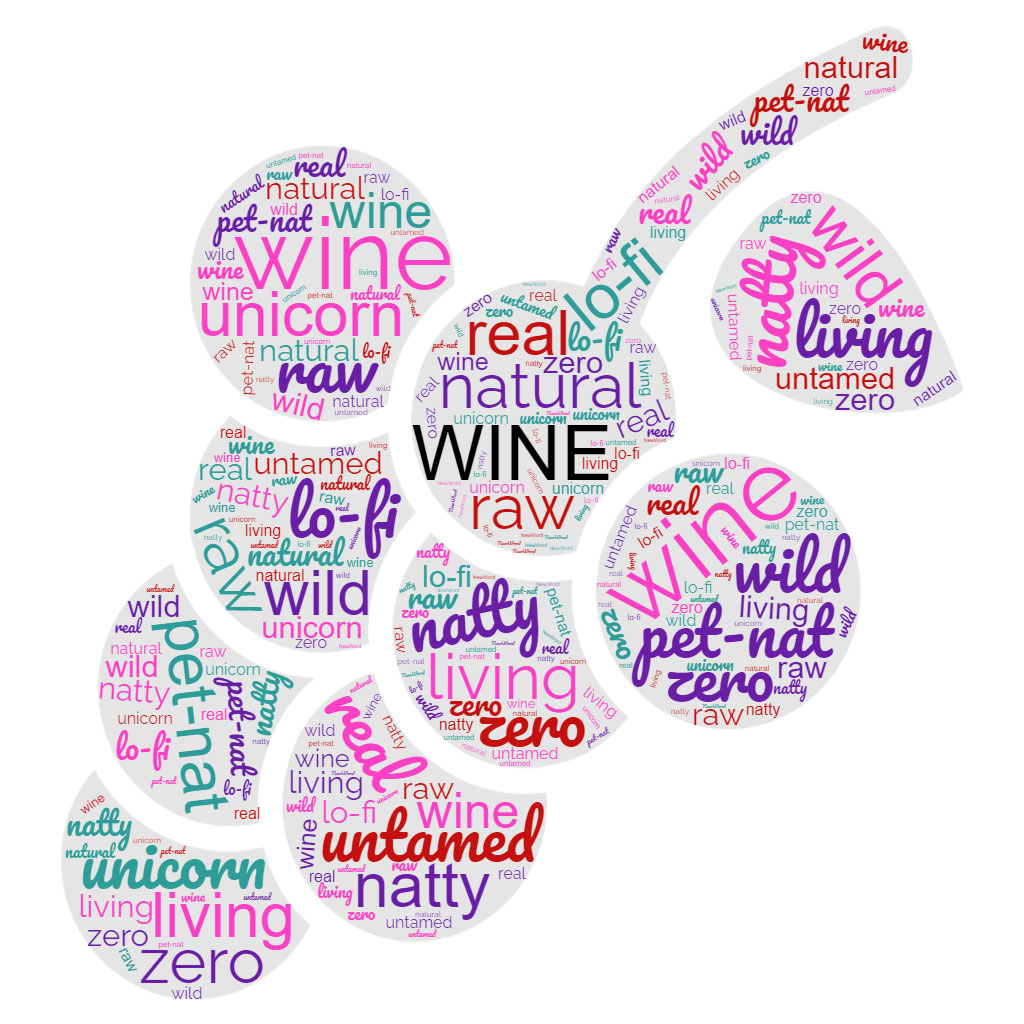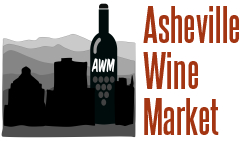
I’ve recently noticed that the natural wine movement has garnered more nicknames and descriptors than The Beatles and Elvis Presley combined. I’ve heard Natty Wine, Lo-Fi Wine, Real Wine, Living Wine, Wild Wine, Zero Wine, Untamed Wine, Raw Wine, and yes, even Unicorn Wine. Whatever you call it, natural wine is officially a buzzword in the world of wine, and this multitude of terms and descriptors can be confusing and sometimes even deceptive. So, this week, I’ll take a deeper dive and provide my take on the world of natural wine, what it is, how it fits into the AWM, and what it means for AWM customers.
If you strip away all the fancy wine lingo and marketing bells and whistles, at its core, the phrase natural wine refers to wine made with minimal intervention, emphasizing traditional methods and organic or biodynamic farming practices. Unfortunately, the term “natural wine” can be as much about marketing as it is about winemaking integrity, which is why, here at the shop, we prefer to identify our selections as “wines made naturally” and “wines made with integrity.”
The allure of naturally made wines lies in their promise of authenticity, and the foundational philosophy is remarkably simple: let the grapes and the place they were grown express themselves without interference. This means no added yeast, minimal or no clarifying agents, and the lowest amount of sulfites that will preserve the wine. The result is a wine that many celebrate for its raw, minimally filtered nature, brimming with character and typicity of terroir.
It gets a little tricky for wine lovers when you consider the term “natural wine” and factor in the lack of regulation around the phrase. Essentially, this means the term can be slapped on just about anything with little or no explanation or regard for provenance. This allows various wines to be marketed with countless iterations of the “natural wine” label. Sadly, despite being labeled as natural, not all producers fully embrace the requisite philosophy, and this is precisely where marketing hype can cloud reality.
On the flip side, plenty of vignerons enthusiastically, albeit quietly, embrace the principles of natural wine without explicitly broadcasting it via marketing lingo or labels. A significant portion of AWM Hand-Picked Selections fits this description, since we focus on the winemaking process and the people behind it — rather than the marketing hype and what’s on the label. Our personal relationships with many of these vignerons guarantee we can confidently suggest wines that honestly represent the principles of natural winemaking.
The distinction between “natural wine” and “wine made naturally” is the key to understanding how we represent the natural wine movement here at the shop. In the wine press, especially in its print advertising, natural wine is often associated with very specific styles, notably orange wine and pétillant naturel (pet-nat). With their distinct flavors and often cloudy appearance, these wines can challenge some wine lovers’ conventional expectations of what our favorite beverage should taste like. For some, this is specifically the appeal, and for folks in that camp, it’s like a different adventure in every bottle. For others, the unpredictable nature of natural wine can be a mild or even complete deterrent.
We describe many of our exclusively curated selections at the shop as “wines made naturally.” While this might sound like we’re splitting semantic hairs, it’s actually our way of highlighting the significant differences between the more adventurous pet-nats and orange wines and those with more traditional aromas and flavors. In a nutshell, “natural wines” are the funky, wild, and sassy country cousins, whereas “wines made naturally” embrace the same principles of winemaking integrity with a more traditional take on polish and finesse.
As one would expect with anything new and popular, the web is awash with all kinds of “natural wine” offers. While it’s practically a full-time job wading through all the hyperbole-fueled sales speak on these sites, another aspect to consider is the environmental impact of shipping natural wines. Many natural wine clubs offer enticing selections, but these often come with a hefty carbon footprint because of shipping. Here at the shop, we can offer similar and often the same wines found in these clubs, but at a better price and with a substantially reduced carbon footprint. By supporting local businesses and reducing the transportation footprint, you can make your natural wine purchase more “natural” in every sense.
Ultimately, the best way to explore the world of natural wine is to approach it with an open mind and a sense of curiosity. Whether you’re drawn to the funky or traditional, the fruity or earthy, there’s certainly a “natural wine” or “naturally made wine” that will speak to your palate. We’re here to guide you through the world of natural wine, helping you find wines you’ll love that are made with integrity and respect for the land and the craft of winemaking.
